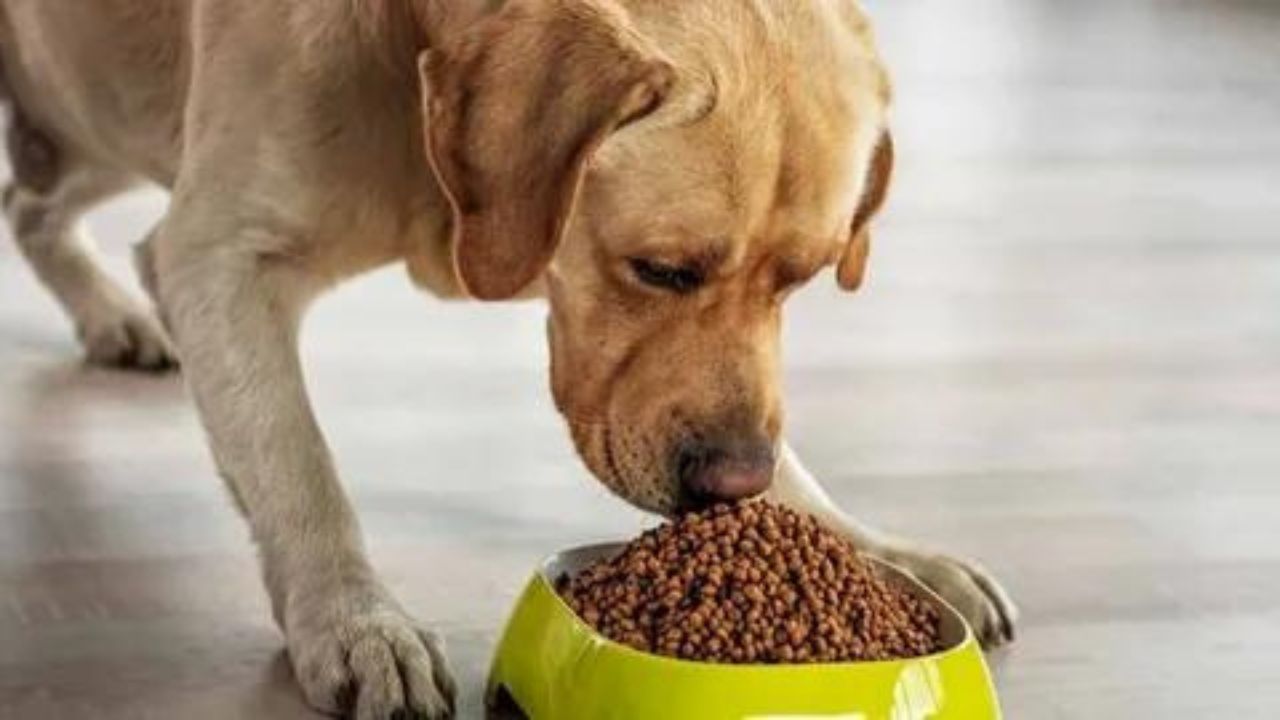
Canine digestion is a fascinating process that plays a crucial role in your furry friend’s overall health and well-being. As responsible pet owners, understanding the intricacies of your dog’s digestive system can help you provide optimal care and ensure their digestive health. One common question that many dog owners have is: How long does it take for a dog to digest food and poop? In this comprehensive guide, we’ll delve into the various factors that influence canine digestion and explore the timeline of food digestion and elimination in dogs.
The Digestive System of Dogs
Let’s take a quick glance at the digestive system of dogs before getting into the timetable of digestion. The mouth, esophagus, stomach, small intestine, large intestine (or colon), rectum, and anus are among the organs that make up the gastrointestinal system in dogs, much like in humans. Every one of these organs has a distinct function in the process of breaking down and absorbing nutrients from meals.
The Process of Digestion in Dogs
Salivary enzymes initiate the process of breaking down carbs in the mouth, where digestion gets started. Food passes down the esophagus and into the stomach after being swallowed, where it is further broken down by enzymes, hydrochloric acid, and gastric fluids. Food that is partially digested leaves the stomach and travels to the small intestine, where the majority of nutritional absorption occurs. Eventually, the undigested material reaches the large intestine, where waste materials are converted into feces for evacuation and water is absorbed.
Factors Affecting Digestion Time
The time it takes for a dog to digest food and poop can vary depending on several factors:
Size and Breed
Compared to lesser breeds, larger dogs often have longer transit periods for the digestive system. Furthermore, genetic variables may cause some breeds to have varied digestive capacities.
Age
Because their gastrointestinal tracts are still growing, puppies digest food more quickly than adult dogs. On the other hand, age-related changes may cause slower digestion in older dogs.
Diet
The kind and caliber of food your dog eats may have a big effect on how well they digest. Better, more readily broken down diets are often processed more quickly, resulting in faster digestion and firmer stools.
Health Conditions
Digestion and bowel motions may be impacted by underlying medical conditions such as gastrointestinal diseases, dietary allergies, or infections. It’s critical to discuss any health issues as soon as possible with your veterinarian.
How long does food stay in a dog’s stomach?
A dog may retain food in its stomach for up to 12 hours after eating, depending on how easily it digests. Because it uses more animal protein, the digestive system is far more effective. This is significantly more than the stomach of a person can hold it for.
What Happens If Foods Are Not Digested?
Dogs may get diarrhea or constipation as a result of improper food digestion. In short, indigestion causes the food to come out either too swiftly or too quickly. Both situations are uncomfortable and undesired.
Laxatives can be given to treat constipation, while activated charcoal can be used to treat diarrhea. How long for dog to digest food and poop?
Timeline of Digestion and Elimination
While there is no fixed timeline for canine digestion, most dogs typically complete the process within 8 to 10 hours. Here’s a general overview of the digestion and elimination timeline in dogs:
Mouth and Stomach
Food is first broken down by gastric acids and enzymes in the stomach, where it remains for four to six hours.
Small Intestine
The small intestine handles most of the digesting and nutritional absorption, which takes four to six hours.
Large Intestine
Any food that is still undigested makes its way into the large intestine, where it absorbs water and forms excrement. Usually, this phase lasts eight to ten hours.
Defecation
When the moment comes for expulsion, the produced feces are held in the rectum. The number of times a dog defecates in a healthy state varies from one to three times a day depending on factors including metabolism, activity, and food.
Tips for Promoting Healthy Digestion

Maintaining a healthy digestive system is crucial for your dog’s overall health and well-being. Here are some tips to promote optimal digestion:
Provide a Balanced Diet
Select premium dog food that is balanced to fulfill your dog’s dietary requirements. Steer clear of giving your dog food leftovers or items that might irritate its stomach.
Feed Regular Meals
Give your dogs a regular feeding schedule and refrain from giving them free food, especially if they are prone to obesity or overeating.
Monitor Water Intake
Because adequate hydration is crucial for healthy digestion and general well-being, make sure your dog always has access to fresh, clean water.
Incorporate Fiber
Consuming enough fiber can help to maintain a healthy digestive system and control bowel motions. You may enhance your dog’s diet with commercial fiber supplements or add foods high in fiber, including cooked vegetables.
Regular Exercise
To support gastrointestinal motility and preserve a healthy metabolism, encourage frequent exercise.
Conclusion
To give the best care and support digestive health, it is crucial to know how long it takes a dog to digest food and feces. Dogs digest food differently depending on their size, age, food, and overall health, but most canines finish the process in 8 to 10 hours. You can make sure your dog has a happy and healthy life by using the advice in this article and keeping an eye on their bowel and digestive patterns.
Remember to get individual advice and direction from your veterinarian if you have any worries about your dog’s overall health or digestive system. You can help your pet live their best life and keep a healthy digestive system with the right care and attention.
FAQ
How long does it take for a dog to digest food?
In dogs, the time it takes for the waste to be expelled from their food is usually 8 to 10 hours. However this period can change based on the dog’s size, age, nutrition, and general health.
How does a dog’s size influence digestion time?
When opposed to lesser breeds, bigger dogs often have longer transit times for the digestive system. Larger canines may digest food more slowly because of their larger gastrointestinal systems. On the other hand, smaller canines usually digest food more quickly.
What role does exercise play in digestion for dogs?
Dogs that exercise regularly can have better digestion since it increases metabolism and gastrointestinal motility. Dogs that are not physically active daily can digest food more slowly than those who do.
What are the signs of digestive issues in dogs?
Dogs may exhibit diarrhea, constipation, vomiting, excessive gas, stomach discomfort, changes in appetite, and irregular feces as symptoms of digestive problems. For an accurate diagnosis and course of treatment, it’s critical to speak with a veterinarian if your dog exhibits any troubling symptoms or changes in its eating patterns.






